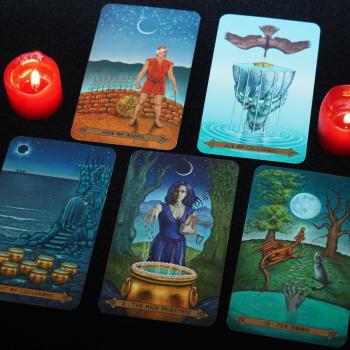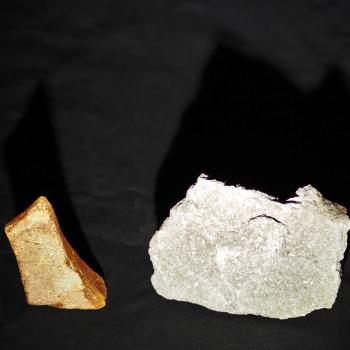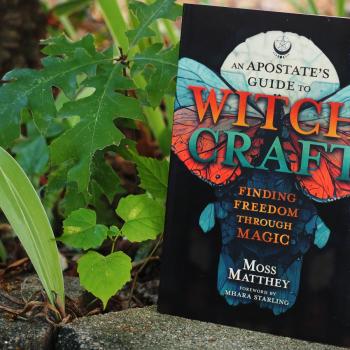After last Tuesday’s election, I announced my intention to leave Texas. Not anytime soon – I have a good job here and finding something equally good at age 60 would be very difficult. But while I’m not ready to retire now, I can see retirement from here. Once I’m no longer tied to a job I can live pretty much anywhere I want.
And I don’t want to live in Texas anymore.
I’m not going to tell you where I plan to move. I have some magic in the works to get me there, and magic works best when you keep silence. But more than that, the right place for me may not be the right place for you.
I’ve had multiple requests to write about good places to move to – largely from people in Texas and Florida. So in this post I want to write about the process of deciding where to move, based on what’s important to you.
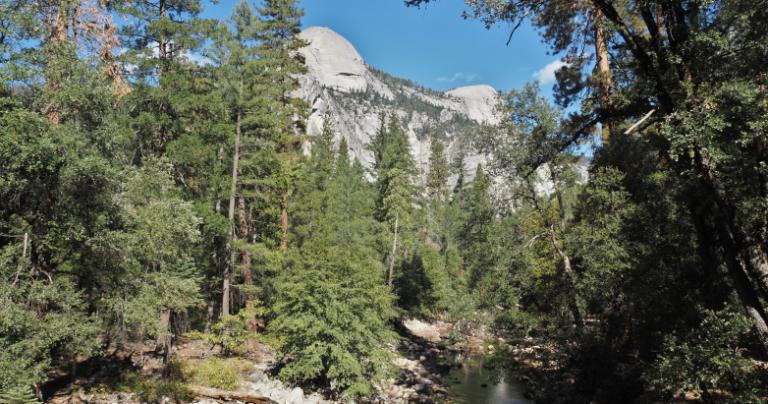
Move on your terms
What’s the difference between a refugee and an immigrant? There are technical differences, but in practical terms it comes down to how much money you have and how desperate you are to move (that desperation is reason enough to treat the refugees who show up in this country with compassion and hospitality, but that’s another rant for another time).
You don’t want to be a refugee.
You really don’t want to be someone who wishes you were a refugee but now you can’t get out.
Moving – especially moving cross-country or internationally – requires a certain amount of privilege. Some people were stuck in New Orleans during and after Hurricane Katrina because they simply couldn’t get out. But in this essay I’m not advocating for political policy or trying to speak to everyone in every situation. I’m speaking to those who want and/or need to move and can.
Move on your terms. For me, that means waiting until retirement. I’m not in much danger from the culture warriors and theocrats who have taken over Texas – I can afford to wait. But I can’t afford to wait forever, because living in a place where the government is actively assaulting my values and trying to harm my friends is bad for my mental health. Not to mention I’m tired of the heat – which is only going to get worse as the climate continues to change.
There are no perfect places
There is no place in North America where Nature doesn’t at least occasionally try to kill you. The South and Midwest have tornadoes, the Gulf and Atlantic coasts have hurricanes, the North has blizzards, and the West has wildfires and earthquakes – and the small but not-zero chance of volcanoes and tsunamis.
Nice places to live tend to be expensive places to live. Everybody wants to live there and you can’t repeal the law of supply and demand. Places with progressive governments tend to have higher taxes. Governments can and do change – many times for the worse.
Progressives in this country tend to think of Europe as a liberal paradise, but there are nationalist and fascist movements pretty much everywhere. The U.K. has been run (rather badly) by the Conservative Party for 12 years, Hungary is run by a nationalist authoritarian who’s the darling of the American right, and Italy just elected a government that’s only slightly less fascist than Mussolini.
And of course, the one thing that doesn’t change where ever you go is you. Make sure you’re not trying to get away from yourself.
Which is not to say we should all just stay where we are. It is to say that while moving may solve some of your problems, it won’t solve all of them, and it will likely create some new ones.
As with so much else in life, choose mindfully.
Moving internationally is very difficult (but not impossible)
You can rent a U-Haul, load it up, and move from Texas to Massachusetts or Minnesota or Montana and nobody can stop you. Try to take that U-Haul across the Canadian border (or the Mexican border, or metaphorically speaking, any other border) and customs officials will turn you around.
Moving to a new country is complicated and expensive. Most countries favor those who are young, healthy, and rich. Or retirees who are healthy and rich.
That said, it can be done. I have American friends living – legally – in probably two dozen countries in Europe, Asia, and South America. None of them are rich.
What it takes to do that is beyond the scope of this post. But I do want to share this essay from Stacey Eskelin, a writer from Houston who now lives in Italy. It’s titled 10 Things That Are Better About Living in Europe And 10 Things That Are Worse. While what Stacey has to say isn’t universally true, it is generally true.
I’ve traveled in Europe just enough to know that while I love visiting, and I would like to do an extended visit sometime (like a 3-month writing trip), I wouldn’t be happy living there long-term. I’m too much of an American, accustomed to American ways and especially to American conveniences.
If this is for you, then go for it. Just know what you’re getting into up front.
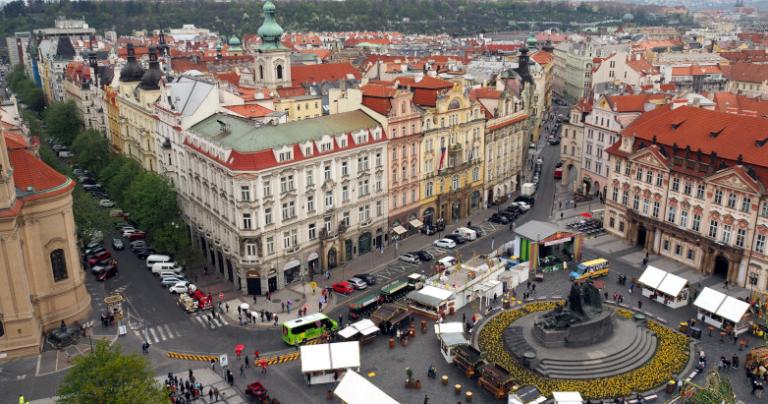
Where can you find opportunities?
Other than college, I’ve made five major moves in my life. All of them were for opportunities: either a better job or just a job because my old one was going away. In a society that requires you to “make a living” having the opportunity to do that has to be pretty high on anyone’s list.
Remote work has made this somewhat easier. But not every profession can be done remotely, and those that can are always subject to some Muskian CEO deciding everyone should return to the office because that’s what he likes.
Once I’m retired, finding a job is no longer important. But my “retirement job” is being a full-time Druid. I need opportunities for speaking and leading ritual. Mainly I need people to practice with. That’s hard to find in rural areas. It’s much easier to find in medium and large cities.
Where do you have resources?
And here I mainly mean people – family and friends who can help you when you need help, and who can provide basic companionship.
One of the things that made my time in Indiana so difficult was that Cathy and I didn’t know anyone. At all. And because I was working 60+ hours a week, I didn’t have a chance to do the kind of things that would help us make friends (I’ve never been big on socializing with co-workers, and that went double for those co-workers).
Most of my family is back in Tennessee, but I’m fortunate to have friends in most major cities in this country. Who knows what those relationships will be like when we can see each other regularly, but at the least they’re a place to start.
What do you need? What do you want?
What else do you need in a place to live?
Cathy and I are in good health, but we’re in our 60s and that means medical care has to be on the list. Again, that usually means medium to large cities.
I already travel a bit and I plan to travel more. I want to be within an hour or so of a major airport.
I like exercising outdoors. I’m healthier when I exercise outdoors. I don’t like the cold and I especially don’t like snow, but with the proper clothes you can walk and hike and bike in cold weather. In the Texas summers, you’ve really only got a couple hours around dawn before it gets too hot to do anything strenuous.
I grew up in Chattanooga. It was a decent mid-sized city when I lived there – it’s very nice mid-sized city now. But there was a lot you couldn’t get there. I’ve gotten spoiled living in the suburbs of Dallas. Do I need museums, concerts, shows, and sports? Perhaps not, but I’ve come to enjoy them. And my friends from places like Chicago and New York tell me what we have here is nothing compared to what they have there. I don’t think I want to go backwards.
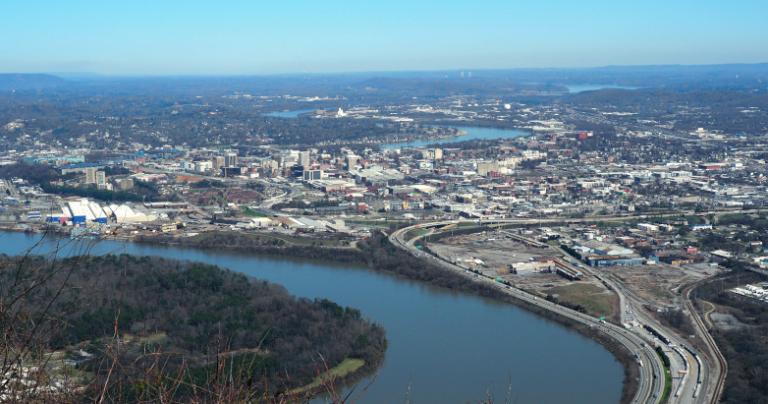
Politics isn’t everything, but it’s pretty important
As long as I’ve been in Texas, the U.S. Supreme Court was the primary check on Republican abuse of power. That changed with Dobbs, and it’s not likely to go back with the originalists and textualists in charge of the courts for the next generation.
I want to live in a reliably blue state. I could live in a swing state where neither party can go too far because they know they can be voted out in the next election. I can’t live in a one-party red state where there are no constraints on how far the culture warriors and theocrats can go.
It’s uncertain where the country as a whole will go. Did we bottom out with Trump and we’re in a recovery process that will be long but steady? Or is this just a temporary lull and Ron DeSantis will be President in 2024 or 2028 and turn the whole country into Florida? I don’t know.
I do know Texas isn’t likely to get better in my lifetime, and I want to spend my remaining years – however many they end up being – somewhere else.
Where can you afford to live – the way you want to live?
Housing is the primary driver of cost of living. Texas is no longer a place with really cheap housing, but it’s still less than many places. To replace the house I have in a place I’d rather live is going to cost somewhere between 20% and 50% more. How much of that can I absorb? Am I going to have to downsize (and we don’t live in a McMansion)?
Texas isn’t the low tax state it likes to pretend it is. There’s no state income tax, but sales taxes are high and property taxes are very high. Philosophically I’d rather pay income taxes than property taxes, but at the end of the day what matters in this decision is the total tax bill. Texas is also high for car insurance and one of the highest for homeowner’s insurance.
Some people choose to live very simply in order to live exactly where they want. Having lived a certain way for the past 20 years, I don’t really want to take a step back. That crosses some cities and regions off the list of places I can go.
You know what you need. Figure out how you can live where you want to live in the way you want to live.
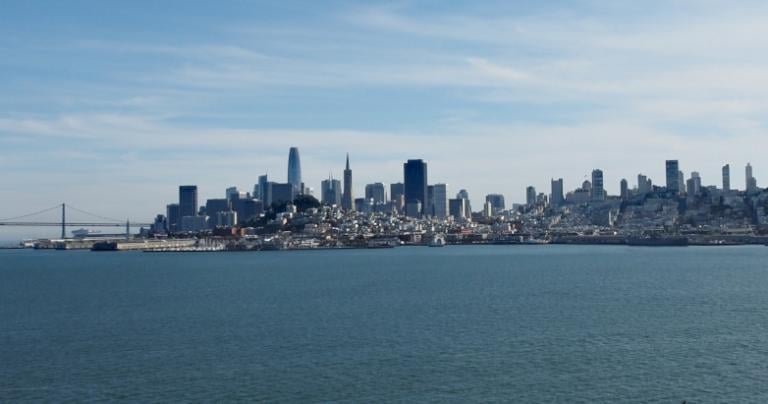
Climate considerations
We may not be past the point of no return, but the odds on the industrialized countries – especially the United States – doing what it will take to reverse climate change are impossibly long. The world is going to get hotter and drier with more extreme weather.
Some locations will do better than others. Rich communities will do better than poor communities. Natural disasters have more than a little randomness to them.
That said, I would not move anywhere west of the Rockies and south of Oregon. Water is already in short supply and it’s only going to get worse. There will be water wars. I expect they’ll be fought with lawsuits and legislation and not with guns, but that’s not certain – particularly when farmers and ranchers whose livelihoods depend on irrigation are told they have to reduce their usage.
Phoenix, Las Vegas, and Los Angeles aren’t going to become ghost towns in five years. At my age I could probably move to any of them and be OK. But I’d rather be some place a little wetter.
I wouldn’t move to Florida, and not just because of the climate. I’m unlikely to move to any coast, but if I did I’d want to have plenty of distance between me and the ocean, both horizontally and vertically.
The Upper Midwest – from, say, Minneapolis around the Great Lakes into western Pennsylvania and western New York (which isn’t part of the Midwest, but you get the point) is likely to improve. The winters will moderate and they’ll still get plenty of rain. I have zero desire to go back to South Bend, but I could see me living near Cleveland (if Ohio could ever get out of this political funk) or Pittsburgh.
But I probably won’t.
Figure out what works best for you
What do you need? What do you want? What can you afford?
Some of my friends want to stay in Texas and fight for freedom and progressive policies. I hate abandoning my adopted home, but I’m not happy here anymore. I could deal with the George W. Bush pro-business Republicans – I can’t deal with the culture warriors and theocrats.
And in the not-too-distant future, I won’t have to.
Where is there opportunity for you to live the way you want to live?
Moving is expensive, in money but also in time. I figure I’ve got one shot to get it right – if I have to move a second time there will be a significant drop in my standard of living.
I’m working on getting it right.
I wish you well in your efforts to get it right, where ever “right” is for you.








